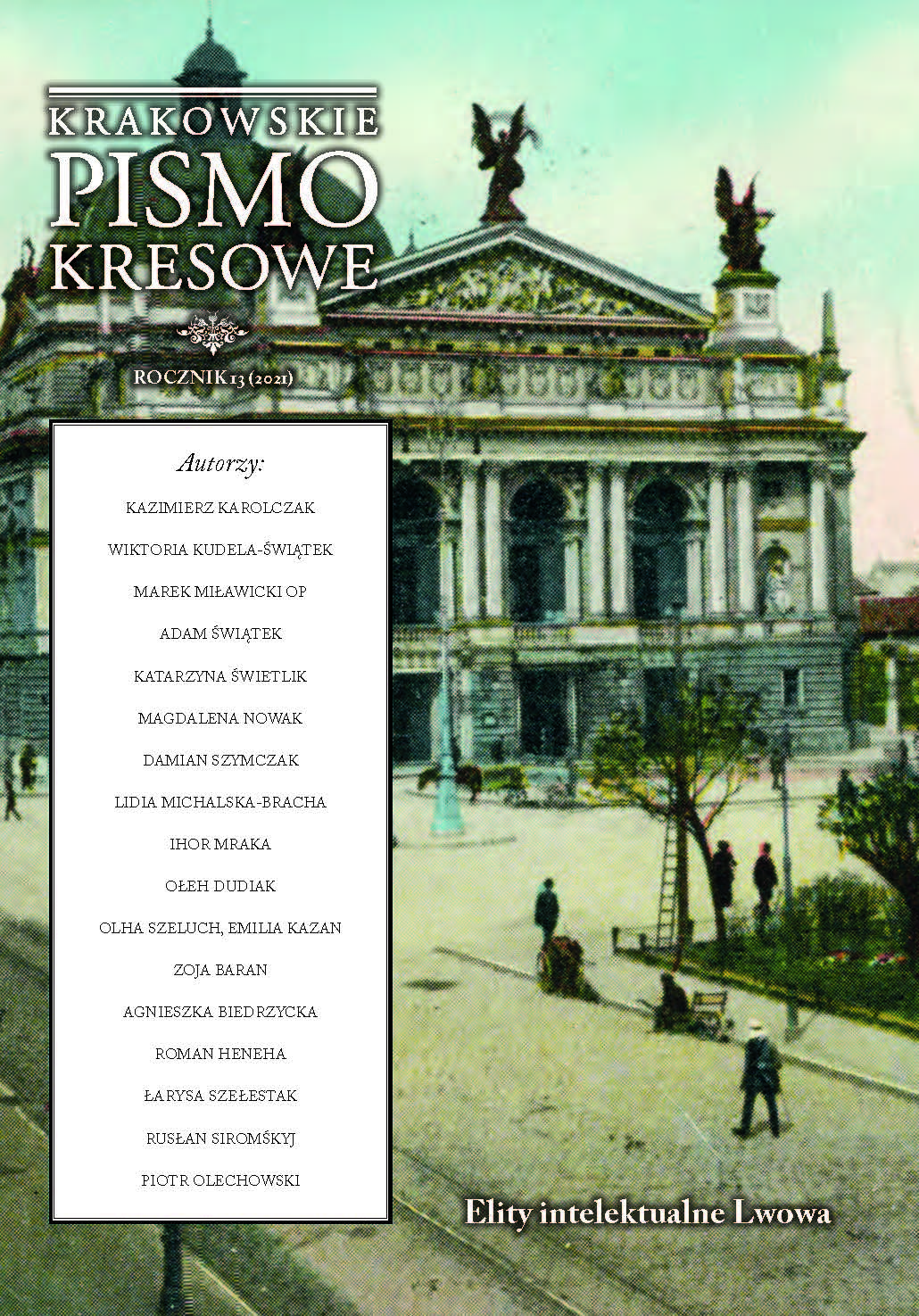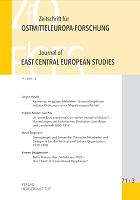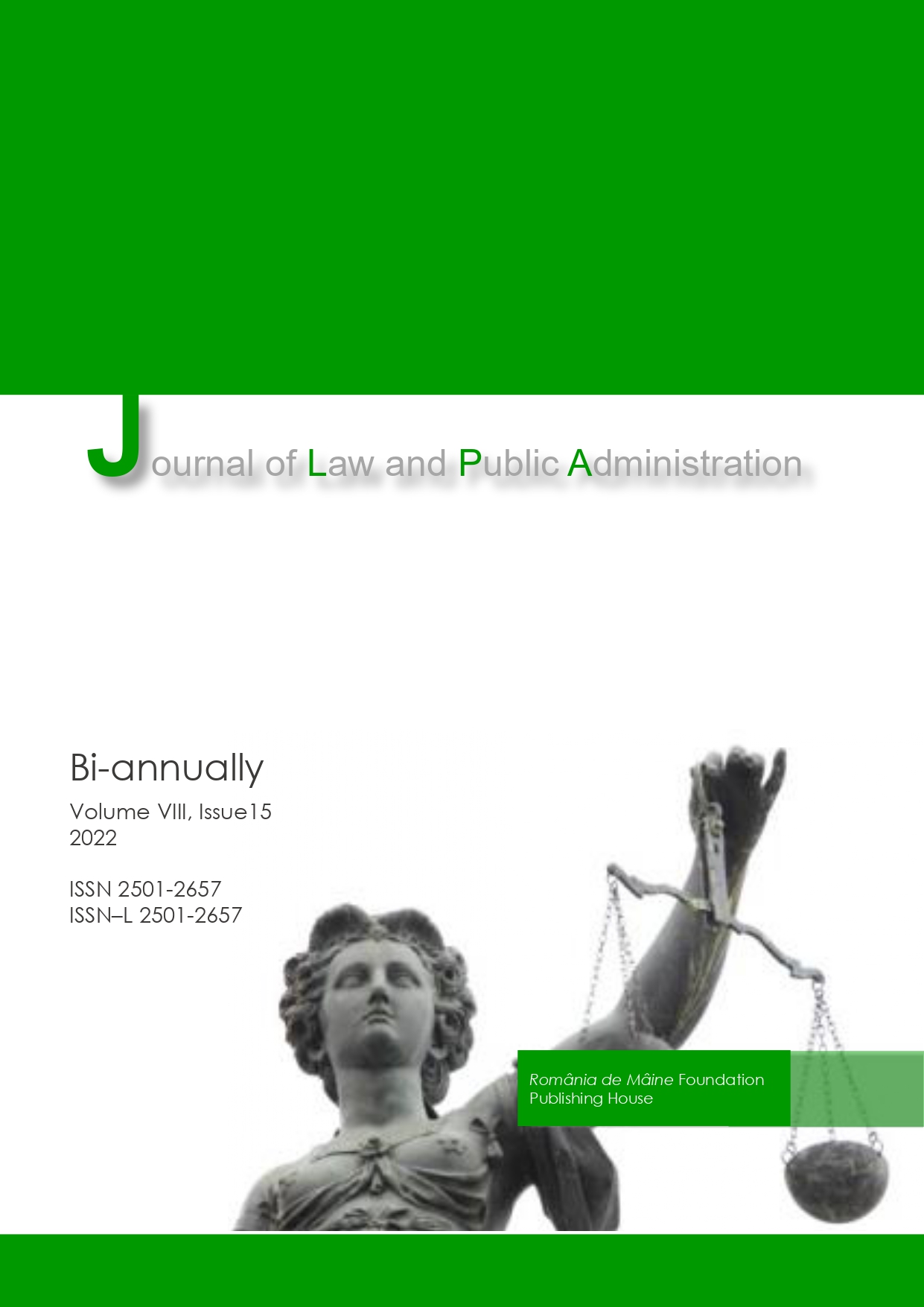Author(s): Sanja Đorđević Aleksovski / Language(s): Serbian
Issue: 94/2022
As the process of fragmentation of international public law has enabled the formation of numerous legal regimes, the question of the qualification of the legal order of the European Union (EU) arises. For a long time, it was not percieved as an self-contained regime. The classification contained in the International Law Commission’s Report “Fragmentation of International Law: Difficulties arising from Diversification and Dissemination of International Law“ indirectly contributed to such qualification. This Report classifies the EU legal order within the section on regionalization, thus relativizing it by reducing it to the cooperation of states determined only by geographical criteria. Although indisputable, the geographical criterion is of secondary value to a number of other arguments that take into account its qualitative dimension. Thus, the paper raises the key question of whether the EU legal order has reached such a level of development and quality that it can be considered a self-contained legal regime. Searching for answers to the research question, the paper analyzes arguments pro et contra. Arguments against the notion of the EU legal order as a self-contained legal regime relate to the omnipresence of general international public law, which necessarily implies the connection of the specialized EU law with general international law. In addition, the arguments on the origin, subjects and the manner of creating EU law are emphasized because they are inseparable from international law, for which reason it is denied the characteristic of independence. The emphasis on these arguments supports the thesis that EU law is and remains only a subsystem of inter-national law, which would be especially visible in case of inadequate regulation of state responsibility in EU law. In such situations, it would be necessary to resort to the provisions of international public law (so-called fall-back). In contrast, arguments in favor of the independence of the EU legal order are analyzed and emphasized. Without denying the fact that the EU legal order evolved from international public law, that it represented a nasciturus within it, that it was based on an international treaty, and that the EU itself represents an international organization, we must also accept the facts pertaining to its decades-long evolutionary development and a constantly increasing degree of autonomy from general international public law, which has been confirmed and supported by case law and attitudes from the legal doctrine. In addition, the specific way of filling legal gaps with solutions from EU law itself, rather than by applying the logic of the fall-back system, speaks in favor of the autonomy of the EU legal order. All of this points to the exceptional and unique nature of the EU legal order, and its comprehensive framework. Therefore, even if there were arguments in favor of imperfection and incomple¬teness of the EU legal order, its dynamic development leads us to the conclusion that nowadays it is at such a developmental and qualitative stage that it should be recognized as a self-contained legal regime.
More...



